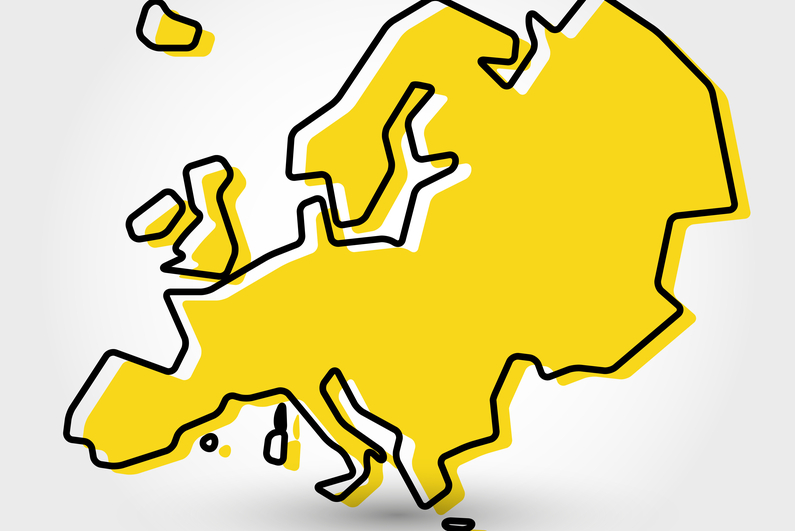30-second summary
- Figures from Italy show that that the gambling market has doubled in size over the past ten years
- The gross gaming revenue for Greece rose by a third in 2018
- Appetite for illegal gambling is still strong, especially in the Netherlands where regulation is still up for debate
The picture in Europe
Over the last few days, survey results have been released that show the state of gambling in several European countries.
Despite dealing with tighter regulations, new control bodies, and the need for online licenses, demand for gambling in the European bloc has never been stronger, as shown by these surveys.
According to the results of a new market survey by independent research body Eurispes, its Italy 2019 Report claims that the overall Italian gambling turnover hit €101.8bn ($116.6bn; £89.1bn) in 2017. This amounts to a whopping 100% better than the previous year and nearly seven times the 2003 total of €15.5bn ($17.76bn; £13.6bn).
This means that about €10bn ($11.46bn; £88.5bn) was collected in taxes, while Italian licensed operators took home about €8.6bn ($9.86bn; £7.5bn).
While 28% of Italians said they gamble for money, scratch cards came out as the most popular form of having a flutter: 85% said that they had participated. Plenty of high-profile illegal gambling rings have been found in Italy, but it seems that they are mostly underground because 70% of the participants claimed they have no knowledge of illegal gambling whatsoever.
Online leads the way in Greece
In Greece, it seems that online is making a huge difference compared to land-based gambling. The latest figures show that the GGR of the top 15 online gambling operators topped €356m ($408m; £311.6bn) over the first 11 months of 2018. That is almost a third higher than last year.
Online gambling revenue hit €182.2m ($208.8m; £159.5m) in the first half of 2018 and continued its momentum in part right to the 2018 FIFA World Cup.
At the moment, online gambling seems to be a win/win for the Greek government, which collected €124.5m ($142.68m; £109m) from the sector over the first 11 months of 2018, compared to just €70m ($80.2m; £61.3) from land-based casinos. It’s the second year in a row that the return from online gambling for the cash-strapped government has surpassed land-based casino taxes.
Illegal gambling still popular in the Netherlands
Meanwhile, in Holland, strict regulations and confusion over new legislation has led to a rise in illegal offshore gaming websites. As reported by my colleague Louise Bolotin earlier this week, the latest estimates put the total raised at about €600m ($687.6m; £525.2m) yearly while the number of people gambling illegally has increased by about 20% since 2016.
However, it seems that most people would like to change. In a survey by Motivaction, 66% of gamblers have said that they would prefer to play on properly licensed platforms.
Only Holland Casino is permitted to run a limited number of online games on its platform. The regulator, the Dutch Gambling Authority (Kansspelautoriteit, or KSA), has struggled to prevent people from gambling on offshore platforms that are not licensed in the Netherlands and gave out a record number of fines in 2018, totaling €1.7m ($1.9m; £1.5m).



